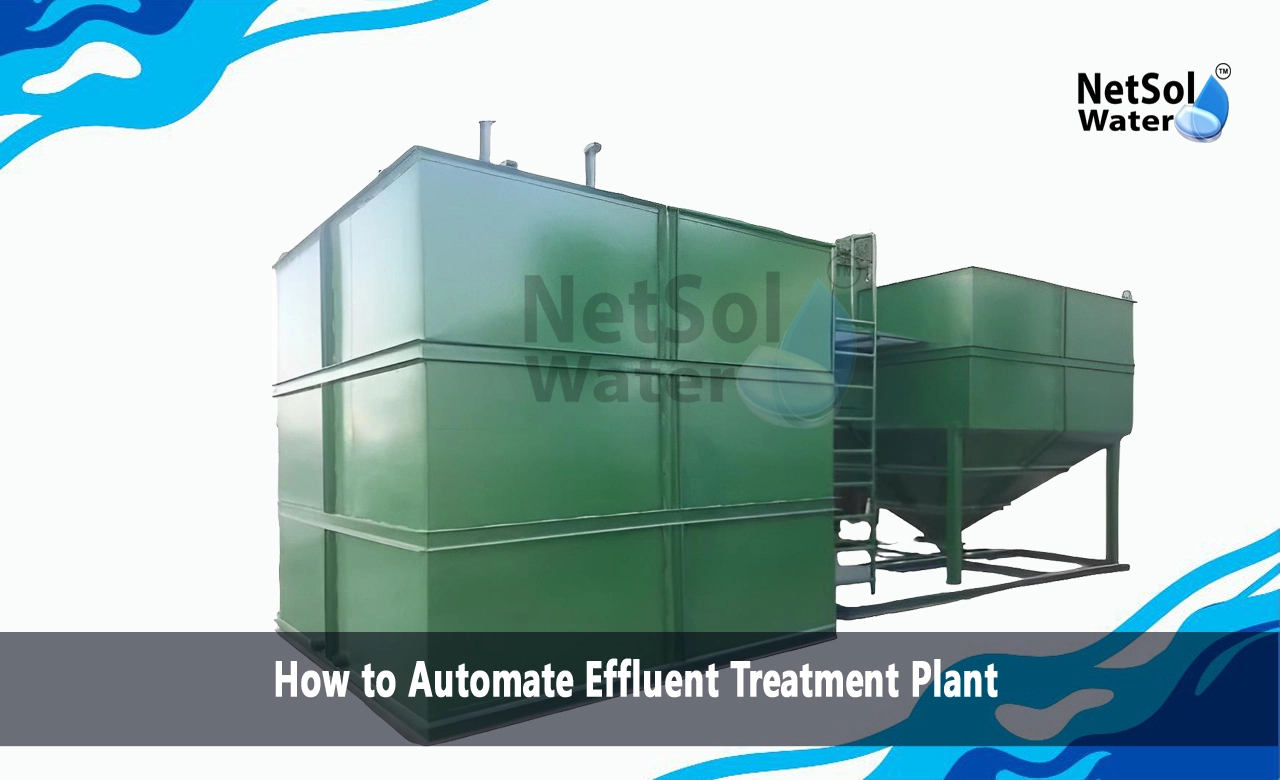How to Automate Effluent Treatment Plant?
With increasingly stringent environmental regulations for industrial effluent discharge, companies are under pressure to ensure consistent treatment performance while optimising operational costs. This has propelled the adoption of automation systems across all stages of effluent treatment plants. From monitoring influent quality to controlling chemical dosing, adjustment of process parameters and final effluent polishing, automation enables unmanned or minimally manned operations. It enhances process reliability and efficiency and provides real-time data insights for decision-making.
We explore the key aspects of modern effluent treatment plant automation deployments.
Core Elements of Effluent Treatment Automation
A typical industrial effluent treatment plant handles preliminary, primary, secondary and tertiary treatment stages with automation implemented at various sub-process levels:
Influent Monitoring & Diversion Control
Online sensors continuously track parameters like flow rates, pH, temperature, total suspended solids (TSS), and chemical oxygen demand (COD) of incoming effluent streams. Automated diversion ensures equalisation and routing compatibility to different treatment trains.
Automated Dosing & Feed Control
Based on analysed influent characteristics, automated controls regulate the feed of polyelectrolytes/coagulants, adjustment of pH, aeration systems and disinfectant dosing with feedback loops. This optimises chemical usage, sludge generation and process performance.
Equipment & Process Control
Key equipment like pumps, agitators, mixers, conveyor belts, centrifuges and dryers have integrated automation for sequential phased operation synced with material flows. Automated backwash, sludge wasting, and clean-in-place sequences enhance process efficiency.
Continuous Emissions & Effluent Monitoring
With automated sampling and analytical instruments, effluent parameters like biochemical oxygen demand (BOD), chemical oxygen demand (COD), oil/grease content and toxicity are continuously tracked against compliance limits. Plant-wide SCADA integration sends automated alerts.
Innovations in Plant Automation Technology
Automation capabilities for effluent treatment plants have progressed considerably:
1- Plant Digital Twins: Virtualized software models enable testing control strategies, process optimisation and operator training in a risk-free virtual environment before deployment.
2- AI/Machine Learning Integration: Predictive analytics models leveraging historical data optimize setpoints, dosing, maintenance schedules and even plan preventive overhauls.
3- Robotics: Automating hazardous confined space activities like tank cleaning/inspection using robotics and drone technology enhances worker safety.
4- Internet of Things (IoT): Smart networked devices, edge computing and cloud platforms integrate information across the plant for unified automation.
5- Sustainable Performance Optimization: Model predictive controls minimise energy, chemical consumption and sludge footprint while maximising water recovery through integrated multi-variable optimisation engines.
Benefits of Automation
When implemented effectively by experienced professionals, effluent treatment plant automation offers compelling advantages:
1- Unmanned or minimally manned operations reduce recurring manpower costs
2- Consistent treatment quality with minimal deviation from discharge limits
3- Reduced chemical, energy and sludge disposal costs through precise process control
4- Early warning diagnostics and predictive maintenance reduce costly downtime
5- Seamless integration of advanced digital capabilities and technology upgrades
6- Improved workplace safety and minimised environmental hazards
7- Real-time reporting and automated compliance documentation
As industries aim for sustainable water management with the lowest life-cycle costs, the advantages of deploying comprehensive effluent treatment automation systems are hard to overlook.
Conclusion
Automation is no longer a 'good-to-have' but an essential need. Automation has become indispensable for industrial effluent treatment plants to optimise operations holistically while adhering to regulations. As automation technology matures, we will continue seeing greater integration of artificial intelligence, smart Internet of Things devices and digital twin modelling capabilities. This digital transformation in the water treatment sector holds the key to economic and environmental sustainability goals.
To explore customised commercial RO plants, Industrial RO plants, ETP or STP solutions for your needs in your areas and nearby regions, contact Netsol Water at:
Phone: +91-965-060-8473, Email: enquiry@netsolwater.com



